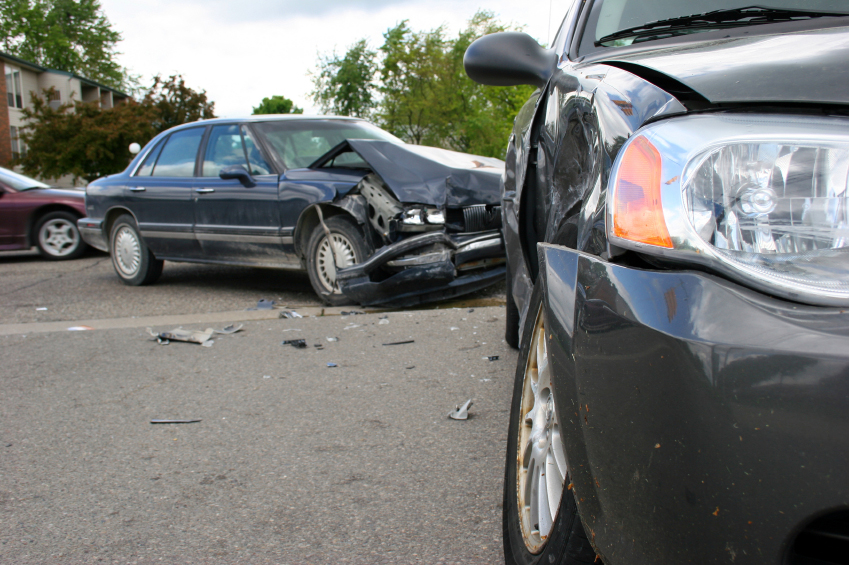What Is the Statute of Limitations for California Car Accidents?


A statute of limitations is a deadline imposed by state law, after which a lawsuit cannot be filed for a particular type of case. Once that period has passed, the claim is forever barred. These time limits are stated in the California Code of Civil Procedure. The statute of limitations for bodily injury in a car accident is two years, the same as for other personal injury matters. If you were not injured in the accident and only want to recover money for damage to your vehicle, the statute of limitations is three years.
When Does the Clock Start Ticking?
As a general rule, the time on the statute of limitations starts to run on the date of harm. For example, if you were allergic to penicillin and that was stated in your chart, but a doctor injected you with penicillin anyway, and you went into anaphylactic shock as a result, the clock on your medical malpractice claim would start ticking on that date. If you are seeking damages for a car accident caused by a negligent driver, the clock will start ticking on the date your accident occurred.
What If an Injury Is Not Discovered Right Away?
There is an exception to the general rule that protects injured people who may not be aware for months or even years that they have been harmed. In some cases, the statute of limitations may start to run either on the date of discovery of the harm or the date on which the harm should reasonably have been discovered. This is the date the judge determines it is fair to say you should have known about the harm, whether or not you knew about it.
What Is the Purpose of a Two-Year Statute of Limitations for Car Accidents?
Civil courts strictly enforce statutes of limitations for two reasons:
- It keeps the court system from being bogged down with ancient disputes; and
- It protects defendants against having to face liability many years after the event or incident that would have given rise to a claim.
What Happens If You File a Claim After the Statute of Limitations Has Expired?
If you file a claim in civil court against the negligent driver who caused your car accident after the statute of limitations has expired, the attorney for the driver’s insurance company will likely file a motion to dismiss or demurrer (objection) based on the statute of limitations at the beginning of the case. When the court approves the motion, it halts the case.
Can the Statute of Limitations Ever Be Extended?
A statute of limitations can be tolled (extended) for very few reasons. One reason is to allow a minor to reach the age of majority when he or she is legally able to bring an action. The statute may also be tolled if the defendant actively sought to hide the damage or delay the legal action, and the court feels it would be an injustice if the statute of limitations were applied.
Statutes of limitations in California can be complicated. If you were injured in a car accident caused by another driver, it is in your best interests to speak with a San Diego injury attorney. Call jD LAW, P.C., at (760) 630-2000 for effective legal representation in a car accident claim.
Don’t Waste Any Time!
Call us today for a FREE Consultation
(760) 630-2000


- Criminal Law Expert - Led by a Board Certified Criminal Law Specialist. Read More
- 100s of Cases Tried - Since 1990, James Dicks has represented hundreds of clients. Read Bio
- Client Approved - Read our online testimonials from satisfied jD LAW Clients. Yelp Reviews
- May 30, 2024
When Juveniles Are Accused of Violent Crimes - May 20, 2024
What Should You Do During a Traffic Stop? - May 10, 2024
The Legal Concept of ‘Intent’ in Theft Crime …
 RSS
RSS




